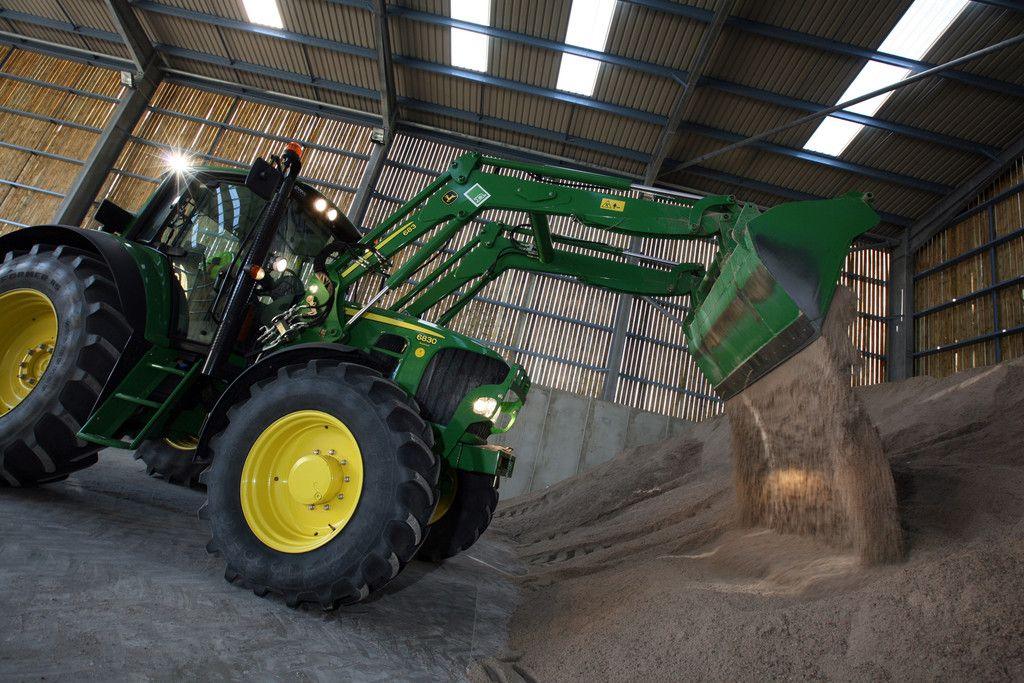Gritters on '24-hour standby' as temperatures drop

The team of gritters are now on 24-hour standby, according to Cornwall Council
At a glance
A team of salt spreaders are now on 24-hour standby in Cornwall
The council said a 75-strong crew could respond at "very short notice"
Drivers are urged to check their car and weather conditions before a journey
- Published
A team of salt spreaders have been placed on 24-hour standby ready to grit the roads as temperatures drop, Cornwall Council has said.
"Salting" reduces the freezing point of water to prevent ice forming and vehicles from skidding as a result.
Cornwall Council company Cormac has a 75-strong crew ready to respond to "emergency situations at very short notice".
Last year, gritters treated more than 55,500 miles (89,318km) of Cornish roads with 9,800 tonnes (9.8m kg) of salt, the council said.

As well as heavily-used A and B roads, gritters also take action at key sites including hospitals and schools
As well as 883 miles (1,420km) of the most heavily-used A and B roads, Cormac also prepared the roads to key sites including hospitals and fire stations and schools, it added.
Cornwall’s main trunk roads – the A30 to Penzance and the A38 - were the responsibility of National Highways which manages its own winter service, the council said.
People were asked to "do their bit" by clearing ice on driveways and paths.
Richard Williams-Pears, cabinet portfolio holder for transport, said crews worked hard in often "treacherous conditions" to keep roads open but urged drivers to take care.
Steve Bayley, Cormac’s Highways Network manager, said salt "takes time" to take effect on ice and snow - and sleet hail and rain could wash salt off the roads.
He added: "Before you set out, check your vehicle, the road conditions and the weather forecast. If conditions are poor, and journeys are not essential, consider waiting until the weather gets better.”
About 15,000 tonnes (15m kg) of salt has been stored to be used in Cornwall this winter, the council said.
Follow BBC Cornwall on X (formerly Twitter), external, Facebook, external and Instagram, external. Send your story ideas to spotlight@bbc.co.uk, external.
Related topics
- Published23 November 2023

- Published23 October 2023

- Published12 May 2023
